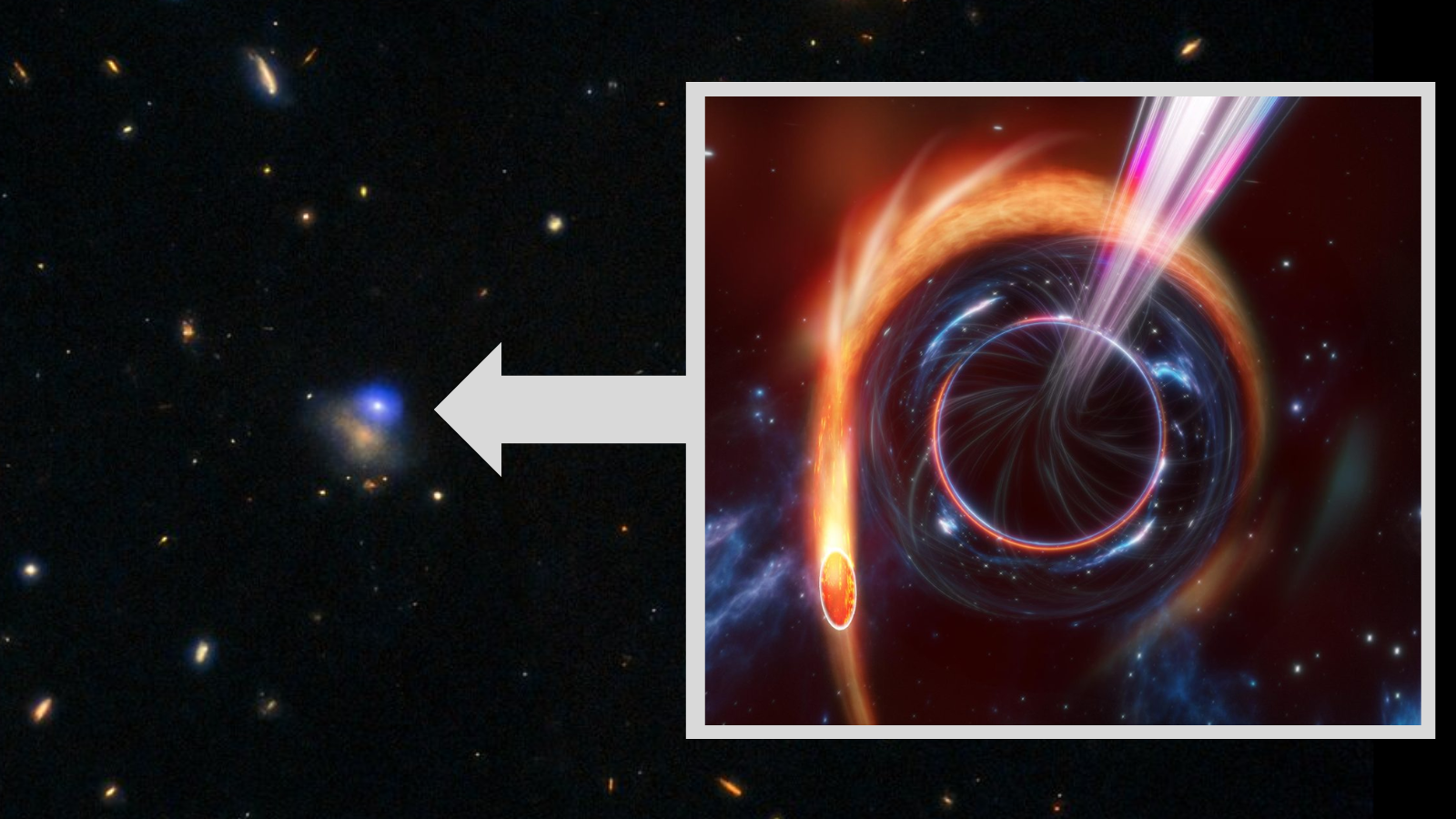Russian Progress cargo ship docks at space station after two-day journey
Progress MS-17 is carrying more than 3,600 lbs. (1,630 kilograms) of supplies for the space station crew.

An uncrewed Russian cargo spacecraft has arrived at the International Space Station after a two-day journey to deliver food, fuel and supplies for the orbiting outpost’s crew.
The Progress MS-17 freighter linked up with the Poisk mini research module on the space-facing side of the station’s Russian segment on Thursday (July 1). The automated docking occurred at 8:59 p.m. EDT (0059 GMT on July 2).
Launched on Tuesday (June 29) from the Baikonur Cosmodrome in Kazakhstan, Progress MS-17 completed 34 orbits of Earth on its way to the space station. During its rendezvous, the ship was predicted to come within the vicinity of two pieces of SpaceX hardware.
Related: How Russia's Progress cargo ships work (infographic)
"Information shows that a Starlink satellite system spacecraft and a Falcon 9 rocket fragment [are] expected to approach the Progress MS-17 spacecraft on July 1,” Roscosmos, Russia’s state space corporation, stated in a June 30 release.
Flight controllers monitored the situation, but no maneuvers were needed to avoid an impact, with the Starlink satellite expected to fly by at a distance of about 1 mile (1.6 kilometers) and the rocket fragment passing at about 1,600 feet (500 meters). The two encounters occurred about three minutes apart.
Packed aboard Progress MS-17 is more than 3,600 lbs. (1,630 kilograms) of supplies for the space station’s Expedition 65 crew, including commander Akihiko Hoshide of the Japan Aerospace Exploration Agency (JAXA) and flight engineers Mark Vande Hei, Shane Kimbrough and Megan McArthur of NASA, Thomas Pesquet of the European Space Agency (ESA) and Oleg Novitsky and Pyotr Dubrov of Roscosmos.
Breaking space news, the latest updates on rocket launches, skywatching events and more!
Among the cargo to be unpacked are Russian science experiments designed to develop countermeasures for osseous (bone) lesions and to study the impact of long-duration space missions on cosmonauts’ activities. There is also research into pharmaceuticals to modulate the human immune system and hardware to map the global structure of space weather and meteorological processes from orbit.
Progress MS-17 will spend almost five months docked to Poisk at the station. The cargo craft is then scheduled to perform an automated undocking and relocation to the new "Nauka" multipurpose laboratory module in late October. Named for the Russian word for "science," Nauka is slated to be launched to the space station this summer.
After changing ports and being repacked with refuse from the space station, Progress MS-17 will undock in November to re-enter Earth's atmosphere for its safe destruction.
Progress MS-17 is the 78th Russian cargo craft to launch to the International Space Station since August 2000.
Robert Pearlman is a Space.com contributing writer and the editor of collectSPACE.com, a Space.com partner site and the leading space history news publication. Follow collectSPACE on Facebook and on Twitter at @collectSPACE. Follow us @Spacedotcom and Facebook.

Robert Pearlman is a space historian, journalist and the founder and editor of collectSPACE.com, a daily news publication and community devoted to space history with a particular focus on how and where space exploration intersects with pop culture. Pearlman is also a contributing writer for Space.com and co-author of "Space Stations: The Art, Science, and Reality of Working in Space” published by Smithsonian Books in 2018.
In 2009, he was inducted into the U.S. Space Camp Hall of Fame in Huntsville, Alabama. In 2021, he was honored by the American Astronautical Society with the Ordway Award for Sustained Excellence in Spaceflight History. In 2023, the National Space Club Florida Committee recognized Pearlman with the Kolcum News and Communications Award for excellence in telling the space story along the Space Coast and throughout the world.
